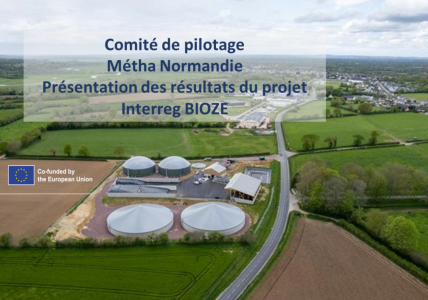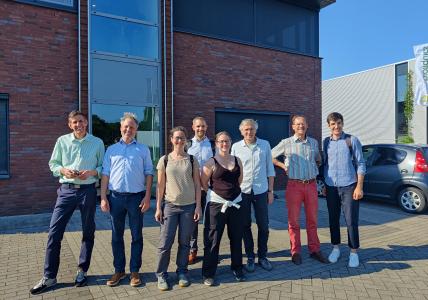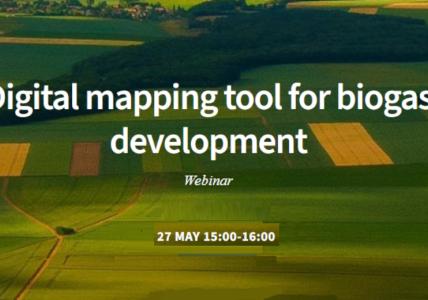What is BIOZE?
BIOZE stands for BIOmass skills for Net Zero and will run for 18 months from november 2022.
Working at the local level, the project will improve governance of the use of biomass to drive green transition by strengthening the capacities of local authorities to engage and collaborate with citizens and bioenergy stakeholders.

All EU members are aiming for carbon neutrality by 2050 and an increase of their energy production among recent tensions with Russia. In the National Energy and Climate Plan (2020), Member States plan for 2030 an overall increase in the use of biomass for bioenergy : a boost of 18% for power and 10% for heating.
Across the North Sea Region, there is a high degree of heterogeneity in the use of bioenergy as a source of electricity and renewable gas production, and bioenergy is still a small player in the market compared to fossil fuels, but has enormous growth potential.
BIOZE will provide support to local communities, improving governance of bioenergy as a direct result of capacity-building activities. BIOZE tools and workshops will target:
- public officials, who have a key role in energy planification and acceptability of new projects,
- climate and energy departments of local authorities.
To date, bioenergy is still confronted with problems that are hindering its deployment. A major challenge for the development of this renewable energy remains the lack of knowledge about bioenergy of the general public but also of local authorities in general. This lack of knowledge makes it difficult for local authorities to take position and support projects at the local level, furthermore including bioenergy into their renewable energy plans. There is a clear lack of tools to help them understand and support projects, along with identifying, planning and mapping new bioenergy projects - and getting citizens’ approval at the same time.
BIOZE's outputs will impact public officials and bioenergy stakeholders directly involved in new bioenergy projects implementation, providing concrete achievements to boost green transition. By the end of the project:
- 20 organisations will have included bioenergy into their strategy,
- 14 organisations will have planned actions towards the development of new bioenergy projects,
- 10 organisations will increase their institutional capacity regarding the development of bioenergy projects by actively participating in cooperation activities across borders.
- State of the art on bioenergies
Production of a state of the art on bioenergy: having a better understanding of each partners’ country’s situation regarding ongoing projects, awareness, training available, tools available, legal regulations for local authorities, etc. - Roadmap of bioenergy projects' milestones showing involvement of stakeholders
Establishing a roadmap of bioenergy projects’ milestones, identifying each stakeholder (cluster, NGOs, public authorities, citizens, etc), how and when they have a role in the development for each milestone. The roadmap will be the deliverable. - FAQ tool on bioenergy technologies
Creating an FAQ tool (in English, Dutch, German, Swedish, French) on environmental impacts of bioenergy projects. Partners will: capture local authorities and citizens' questions, gather scientific information from R&D and popularise the information. - Digital collaborative mapping tool
Design, development, implementation of a digital collaborative mapping tool to raise awareness of bioenergy projects' benefits and trade-offs. To be tested and implemented in all four partner regions. Deliverable: conceptual design and tool prototype - Workshops
Organisation of a series of workshops with officials and stakeholders in each partner’s region to evaluate local authorities’ level of awareness, give them tools to develop bioenergy (activities 2, 3, 4) and set exchanges with stakeholders. - Dissemination of the results and the tools
In each partner’s region, organisation of external events with local authorities and stakeholders to promote the research, the tools and spread the project's results. The tools will be disseminated through public officials' existing networks.



